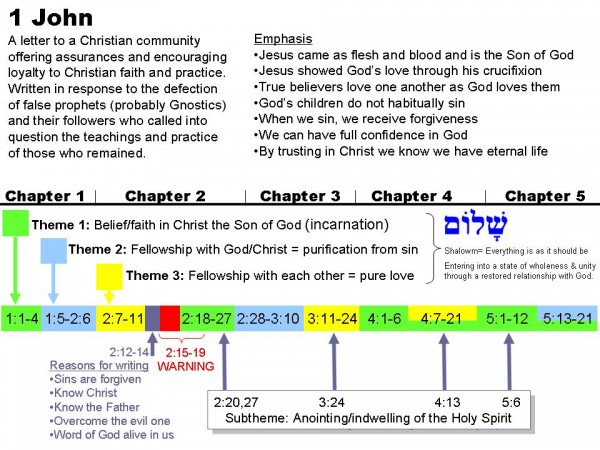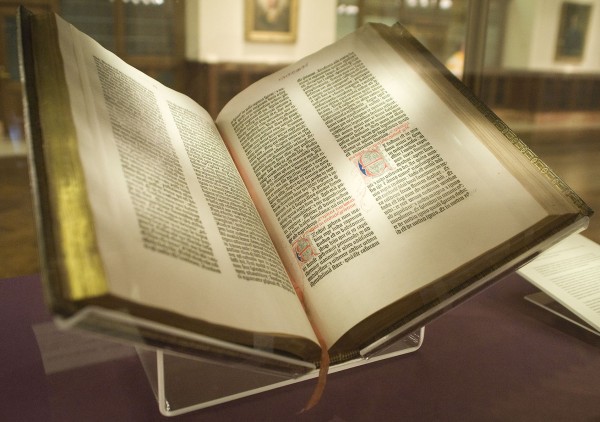Bible class audio for December 12, 2010 “Daily Bread?”
Bible class audio for December 5, 2010 “The Lord’s Prayer”
Outline and Notes:
1. Father. The first mention of God as our father is by Jesus in this sermon…something he reinforces in his teaching on prayer. The hearers had only known God as the God of the people at large with Abraham as their father. We can approach God on a personal level like we would our father
2. Examples of how not to pray. Just to be seen or with lot’s of words like a pagan prayer. Here is a pagan prayer from the time just before the birth of Jesus that sound a lot like mine, demanding stuff and physical protection, framed in a way that seems to make their god legally obligated to answer demands.
Father Mars, I pray and beseech thee that thou be gracious and merciful to me, my house, and my household; to which intent I have bidden this suovetaurilia to be led around my land, my ground, my farm; that thou keep away, ward off and removed sickness, seen and unseen, barrenness and destruction, ruin and unseasonable influence; and that thou permit my harvests, my grain, my vine-yards and my plantations to flourish and to come to good issue, preserve in health my shepherds and my flocks, and give good health and strength to me, my house and my household To this intent, to the intent of purifying my farm, my land and my ground, and of making an expiation, as I have said, deign to accept the offering of these suckling victims; Father Mars, to the same intent deign to accept the offering of these suckling offering.
The ritual is preserved in Cato the Elder’s De Re Rustica, “On Agriculture”. The first step was to lead the three animals around the boundaries of the land to be blessed, pronouncing the following words Roman pagan prayers were phrased like legal documents that could obligate gods for particular action and protection.
3. The big concepts in the example prayer
- Talk to God as we talk to our father
- Praise him first
- Glorify the kingdom
- Submit to His will
- Ask for Epiousios Bread (Read #4)
- Forgiveness
- Spiritual protection
4. The translators made a choice in most translations to translate “didmi ego semeron ego epiousios artos” as “Give us this day our daily bread” and our minds perk up thinking we can pray and God will give us stuff.
But that may not be what Jesus intended for us to think.
The Gospel writers used the word “Epiousios” (Ep-ee-you-see-ahs) which according to all scholars is only found in the writings of Matthew in his account of the Lord’s prayer and in Lukes account. In other words (no pun intended) Jesus or the writers made up the word for some reason. Linguists believe Epiousious can mean one of several things
A Greek-English Lexicon of the New Testament and Other Early Christian Literature, edited by Bauer,Arndt, Gingrich, Danker, University of Chicago Press, 1. deriving from Epi and Ousia: necessary for existence, in agreement with Origen, Chrysostom, Jerome and others; 2. one loaf of bread is the daily requirement; 3. for the following day; 4. deriving from epienai: bread for the future. In Jerome’s translation, made in 405 A.D. we read (Mat 6:11): “Give us this day our supersubstantial bread” (“panem nostrum supersubstantialem da nobis hodie”).
epi Most often it means above, over, on, upon, besides, or in addition to. ‘Ousios [ousia] means being, substance, essence or nature.
The word or prefix epi occurs over 300 times in the Gospels. Most often it means above, over, on, upon, besides, or in addition to. In a number of contexts it is translated into Latin as super. For example where epiappears in the Greek NT we read in the Vulgate: (Mt 14:25) ‘ambulans super mare’ ‘walking upon the sea’; and (Mt 18:13) ‘quia gaudet super eam magis quam super nonaginta novem’ ‘he rejoiceth more over that, than over the ninety-nine’; and Lk 1:35 ‘Spiritus Sanctus superveniet te’ ‘The Holy Spirit will come upon thee’. Wikipedia
Put the parts of the words together and you get supersubstantial or superessential. I believe Jesus is teaching us to pray for something more than just a daily ration of physical bread but something super essential/substantial indeed…HIM!
The Sabbath Church of God website (Please don’t let the name stop you from reading this well referenced material)
E.W. Bullinger believed that the word epiousios is a reference to Jesus Christ Himself. In the E.W. Bullinger Companion Bible, we find this explanation for epiousios: “daily Greek epiousios. A word coined by our Lord, and used only here and Luke 11:3, by Him. Compounded from epi = upon, and ousios = coming…Therefore, it means coming or descending upon, as did the manna, with which it is contrasted in John 6:32-33. It is the True Bread from heaven, by which alone man can live – The Word of God, which is prayed for here.”
Jesus himself used manna and bread as a metaphor for salvation through him…Jesus doesn’t really seem to be too concerned if the questioners got any bread, read this:
When they found him on the other side of the lake, they asked him, “Rabbi, when did you get here?”
Jesus answered, “Very truly I tell you, you are looking for me, not because you saw the signs I performed but because you ate the loaves and had your fill. Do not work for food that spoils, but for food that endures to eternal life, which the Son of Man will give you. For on him God the Father has placed his seal of approval.”
Then they asked him, “What must we do to do the works God requires?”
Jesus answered, “The work of God is this: to believe in the one he has sent.”
So they asked him, “What sign then will you give that we may see it and believe you? What will you do? Our ancestors ate the manna in the wilderness; as it is written: ‘He gave them bread from heaven to eat.’”
Jesus said to them, “Very truly I tell you, it is not Moses who has given you the bread from heaven, but it is my Father who gives you the true bread from heaven. For the bread of God is the bread that comes down from heaven and gives life to the world.”
“Sir,” they said, “always give us this bread.”
Then Jesus declared, “I am the bread of life. Whoever comes to me will never go hungry, and whoever believes in me will never be thirsty. But as I told you, you have seen me and still you do not believe. All those the Father gives me will come to me, and whoever comes to me I will never drive away. For I have come down from heaven not to do my will but to do the will of him who sent me. And this is the will of him who sent me, that I shall lose none of all those he has given me, but raise them up at the last day. For my Father’s will is that everyone who looks to the Son and believes in him shall have eternal life, and I will raise them up at the last day.” John 6:24-35 (NIV)
A few verses to consider
Rather, clothe yourselves with the Lord Jesus Christ, and do not think about how to gratify the desires of the flesh Romans 13:14 (NIV)
Whoever has ears, let them hear what the Spirit says to the churches. To the one who is victorious, I will give some of the hidden manna. I will also give that person a white stone with a new name written on it, known only to the one who receives it. Revelation 2:17
So I pray that in fact God does give me the bread of life.
Shalom


